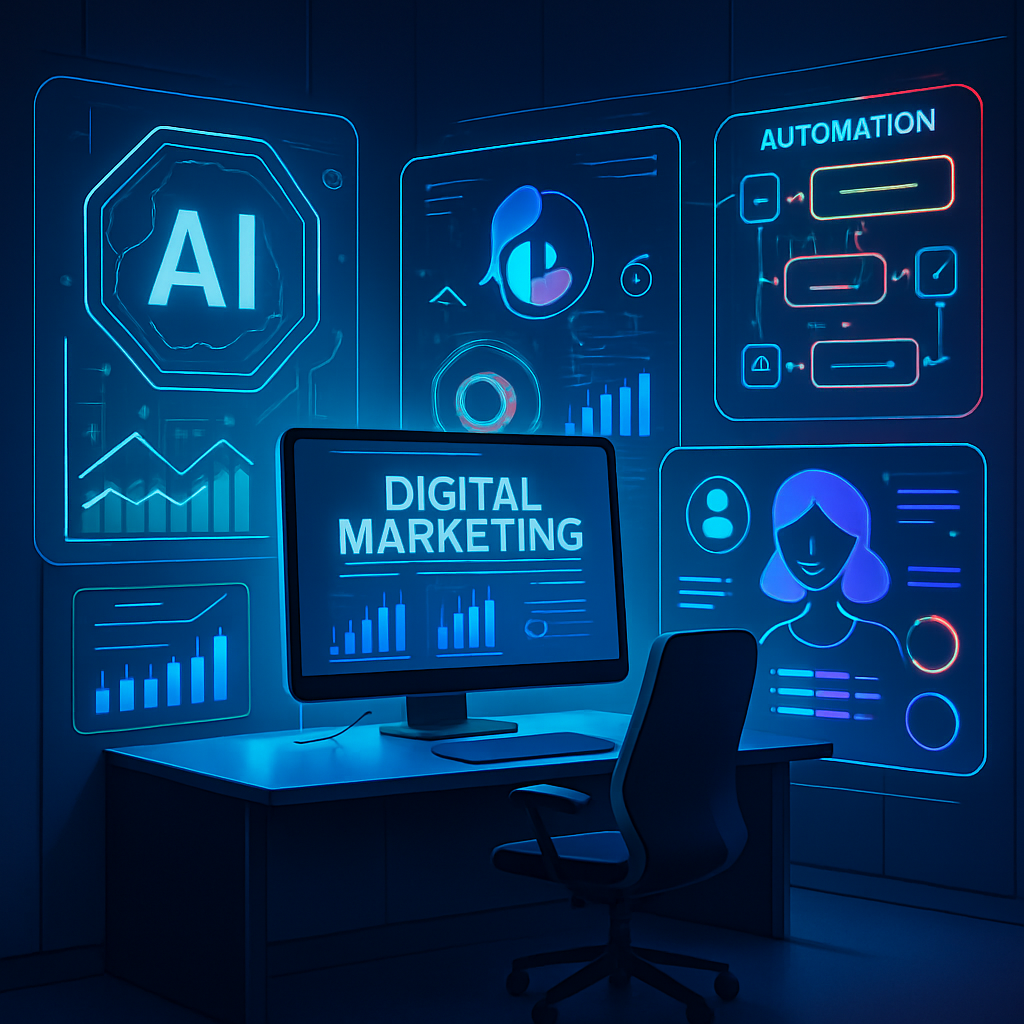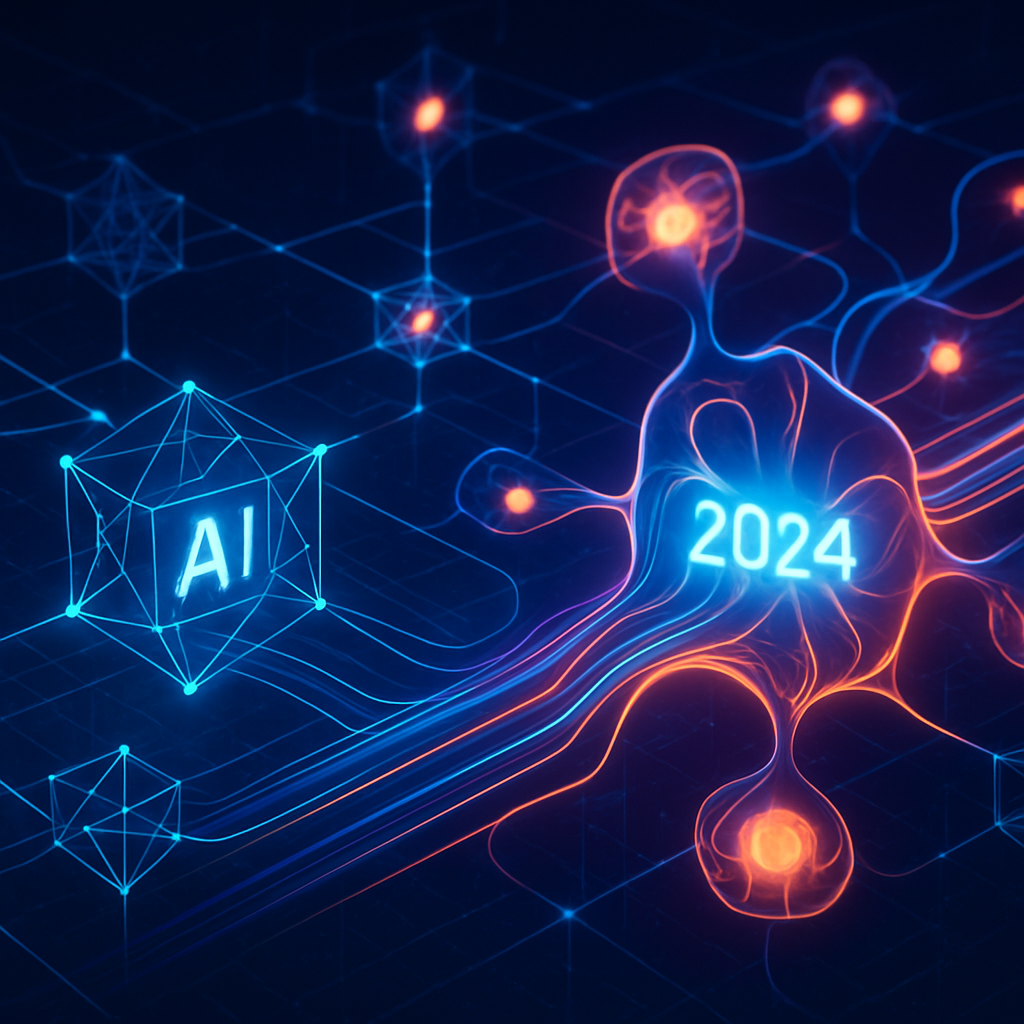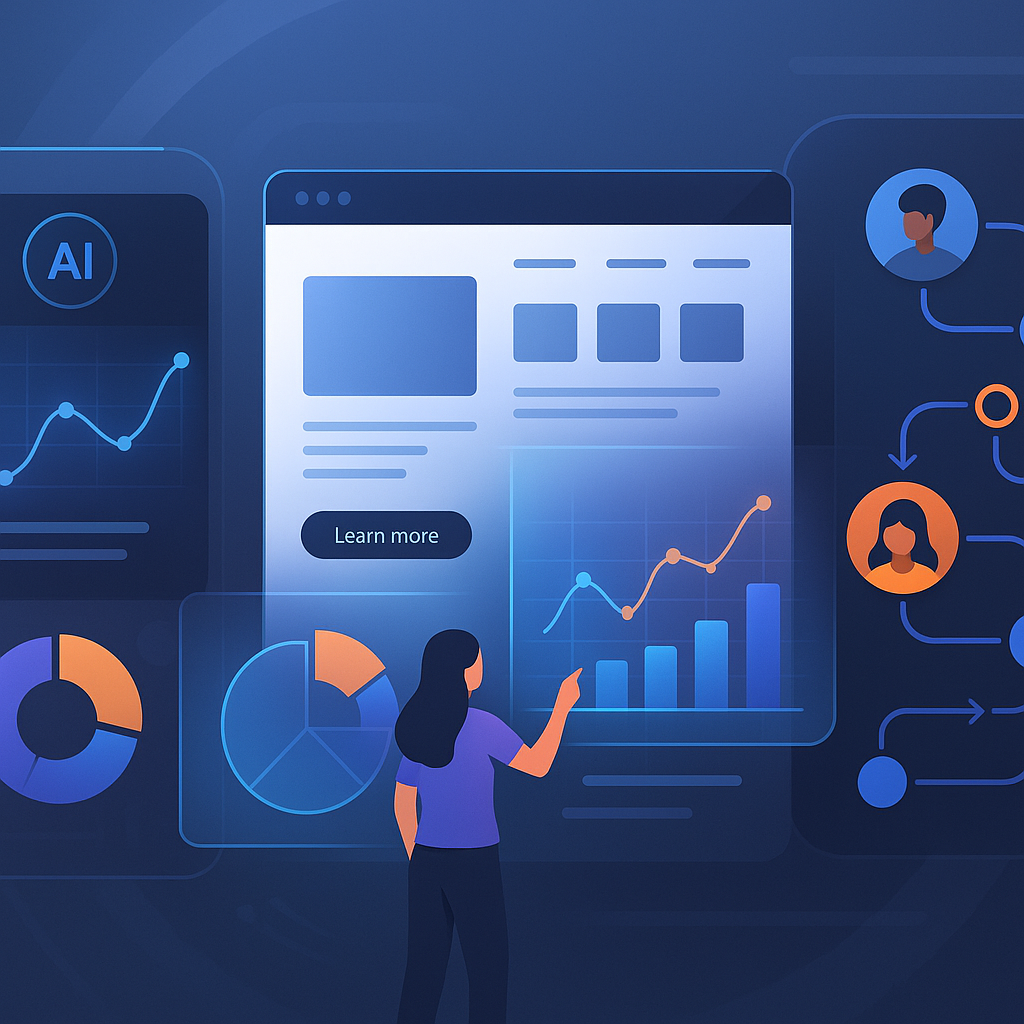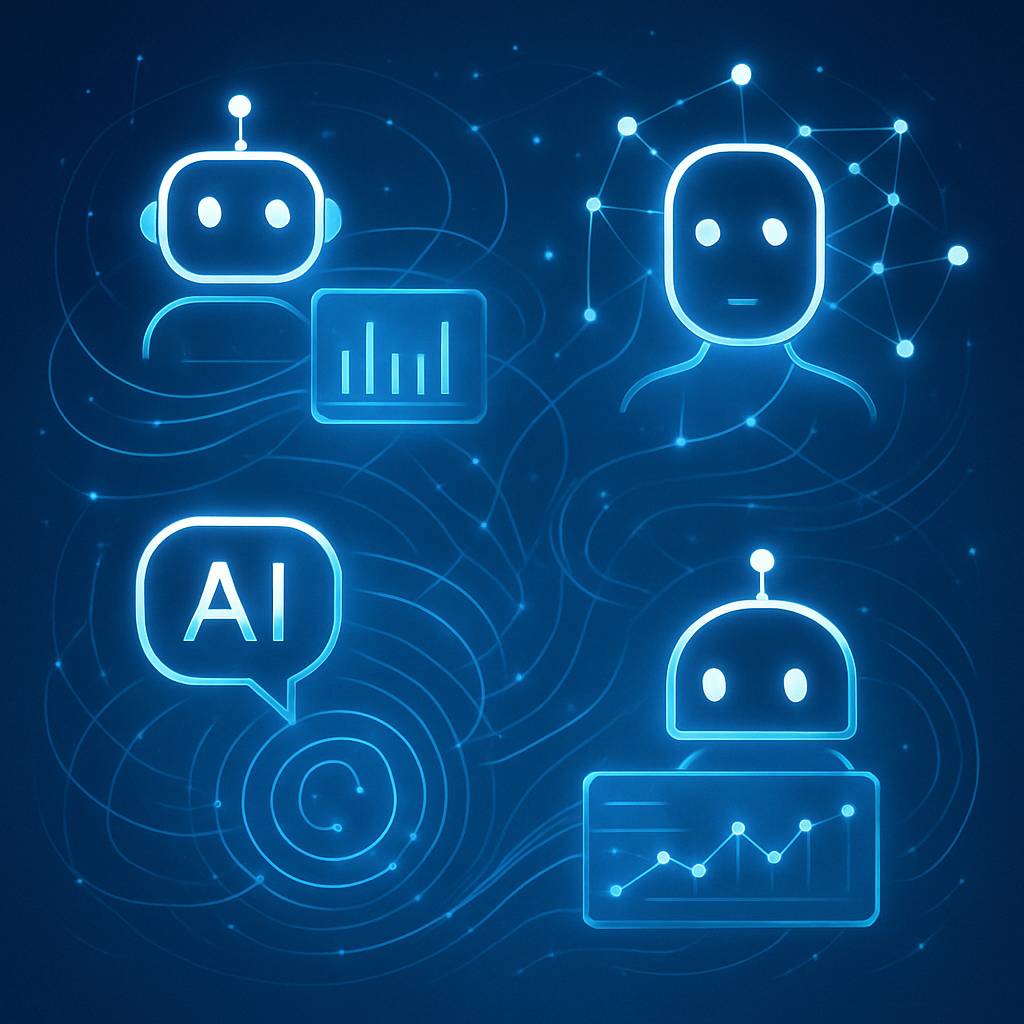
Harnessing Transformation AI to Revolutionize Marketing Automation
Introduction to transformation ai in Marketing Automation
In 2025, transformation AI has emerged at the forefront of technological innovation, fundamentally reshaping the marketing automation landscape. Unlike traditional AI applications, transformation AI combines advanced machine learning, deep contextual understanding, and adaptive decision-making to deliver unprecedented personalization and operational efficiency.
Organizations leveraging ai in marketing automation are now capable of creating dynamic, data-driven campaigns that adjust in real-time, optimizing customer journeys across multiple channels. This evolution represents a paradigm shift from rule-based automation to intelligent, predictive, and adaptive marketing ecosystems.
What Sets Transformation AI Apart?
Transformation AI integrates several technological advances including:
- Contextual Deep Learning Models: These models go beyond surface-level data, interpreting nuanced customer signals such as sentiment, behavior patterns, and environmental contexts to generate highly relevant marketing messages.
- Adaptive Content Generation: Powered by natural language generation engines refined with massive datasets, marketing content is tailored to individual preferences and evolves continuously based on real-time interactions.
- Predictive Customer Journey Mapping: Transformation AI predicts future touchpoints and customer needs, enabling seamless cross-channel experience orchestration and automated decision-making.
- Automated Campaign Optimization: Leveraging reinforcement learning, AI autonomously modifies campaign parameters such as timing, segmentation, and creative elements to maximize engagement and conversion rates with minimal human intervention.
Real-World Applications Revolutionizing Marketing in 2025
Hyper-Personalized Customer Engagement
Leading global retailers use transformation AI to generate individualized promotions that consider real-time inventory, weather conditions, and regional interests. For example, a sports apparel brand tailors email campaigns to suggest gear that fits the local climate and a customer's recent activity history, boosting click-through rates by over 40%.
Dynamic Multi-Channel Orchestration
Transformation AI coordinates messaging across email, social media, push notifications, and voice assistants, ensuring consistent yet personalized communication flows. An automotive manufacturer employs AI to automatically adjust its messaging cadence and content on digital platforms based on prospect engagement and feedback, enhancing lead conversion by 35%.
Intelligent Lead Scoring & Nurturing
Marketing teams harness AI-driven predictive analytics to identify high-value prospects early. One B2B tech company uses transformation AI to analyze behavioral data and content interactions, enabling targeted drip campaigns that increase sales qualified leads by 50% compared to legacy methods.
Automated Creative Optimization
Creative agencies employ AI tools to test multiple variations of visual and copy elements simultaneously. By analyzing engagement metrics in real-time, campaigns self-optimize, resulting in higher ROI and reduced time-to-market for promotions.
Enhancing Operational Efficiency Through AI
Transformation AI drastically reduces manual intervention in campaign management. Automated workflows eliminate repetitive tasks like segmentation and reporting, freeing marketers to focus on strategy and creativity. Additionally, real-time data analysis enables instant course correction, eliminating lag times and improving performance agility.
Resource allocation becomes smarter as AI predicts which campaigns and channels yield the highest returns, allowing marketing departments to optimize budgets dynamically. This level of efficiency ensures marketing organizations remain agile in an increasingly fast-paced digital ecosystem.
Challenges and Ethical Considerations
Adopting transformation AI involves overcoming challenges such as data privacy compliance, ethical use of consumer information, and ensuring transparency in AI decision-making processes. Organizations are investing in robust governance frameworks and ethical AI guidelines to build trust while harnessing powerful AI capabilities.
Moreover, addressing algorithmic biases remains critical to prevent unfair targeting or exclusion in marketing campaigns. Continuous monitoring and inclusive data practices are essential to mitigate such risks.
The Future Outlook: Transformation AI’s Expanding Horizon
Looking ahead, transformation AI is expected to incorporate emerging technologies like augmented reality (AR) and generative AI to craft immersive, personalized marketing experiences. Additionally, advancements in federated learning will enhance privacy-preserving AI capabilities, enabling collaboration across organizations without compromising sensitive information.
As AI models mature, marketing automation will transition from reactive to proactive systems, anticipating customer needs before explicit interactions. This shift will redefine customer engagement standards, driving business growth through deeply personalized, efficient, and ethical marketing strategies.
Conclusion
Transformation AI in marketing automation represents a revolutionary leap that empowers brands to achieve unprecedented levels of personalization and efficiency. By embracing context-aware models, real-time adaptation, and ethical frameworks, businesses create meaningful connections with customers while optimizing operational outcomes. As this technology continues to evolve, it promises to transform marketing from a tactical function to a strategic growth engine in the digital age.







